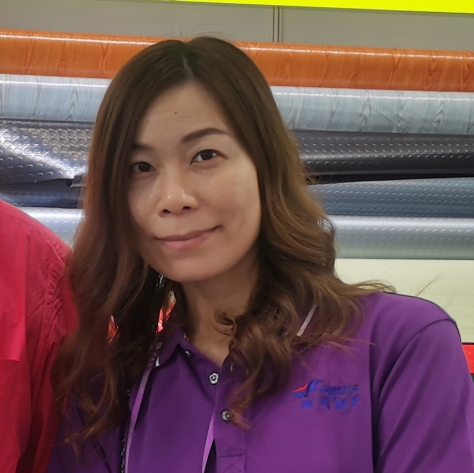Understanding PVC Tarpaulin: Properties, Applications, and Benefits
 Mar 18,2024
Mar 18,2024
 48
48
 FLAGLES PLASTIC
FLAGLES PLASTIC
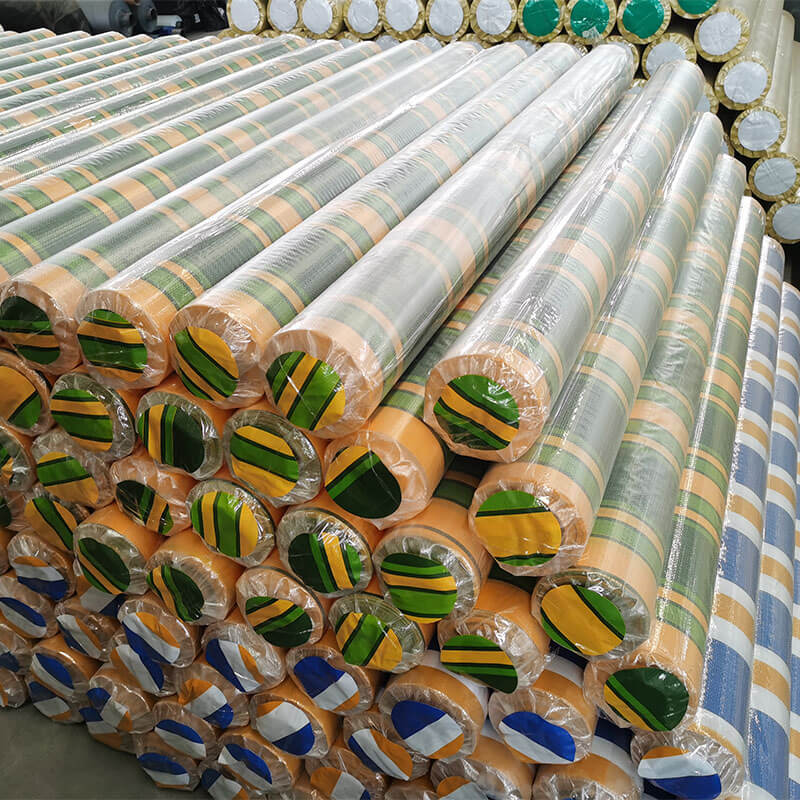
Introduction: PVC tarpaulin, also known as polyvinyl chloride tarpaulin, is a versatile and durable material widely used for various outdoor and industrial applications. In this article, we will delve into the characteristics, applications, and advantages of PVC tarpaulin.
Properties of PVC tarpaulin: PVC tarpaulin is manufactured from polyvinyl chloride resin, which is processed and coated to achieve desired properties. Key characteristics of PVC tarpaulin include:
- Waterproof: PVC tarpaulin is inherently waterproof, making it ideal for outdoor use in rain or moisture-prone environments.
- UV Resistant: Many PVC tarpaulins are treated with UV stabilizers to enhance their resistance to sunlight and prevent degradation from prolonged exposure to UV rays.
- Tear and Abrasion Resistant: PVC tarpaulin is highly durable and resistant to tears, punctures, and abrasion, ensuring long-lasting performance in rugged conditions.
- Flexible and Lightweight: Despite its durability, PVC tarpaulin remains flexible and lightweight, allowing for easy handling, folding, and storage.
- Flame Retardant: Some PVC tarpaulins are treated with flame retardant additives to reduce the risk of fire hazards, making them suitable for use in environments where fire safety is a concern.
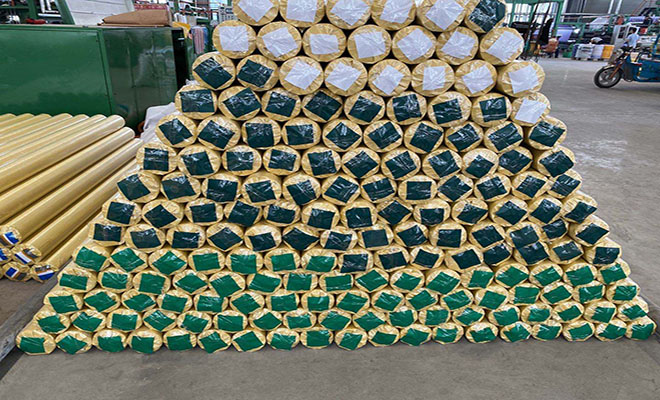
Applications of PVC tarpaulin: PVC tarpaulin finds a wide range of applications across various industries and settings, including:
- Truck Covers: PVC tarpaulin is commonly used as truck covers to protect cargo from rain, dust, and debris during transportation.
- Tents and Shelters: PVC tarpaulin is utilized in the construction of tents, canopies, and temporary shelters for outdoor events, camping, and emergency relief operations.
- Agricultural Covers: PVC tarpaulin is employed as covers for agricultural products, equipment, and storage facilities to protect them from weather damage and contamination.
- Construction Tarps: PVC tarpaulin is used as construction tarps to cover scaffolding, building materials, and construction sites, shielding them from the elements.
- Pond Liners: PVC tarpaulin is used as pond liners for water containment and landscaping applications, providing a waterproof barrier to prevent leakage and seepage.
- Advertising Banners: PVC tarpaulin is used for outdoor advertising banners and signage due to its durability, weather resistance, and ability to display vibrant graphics and messages.
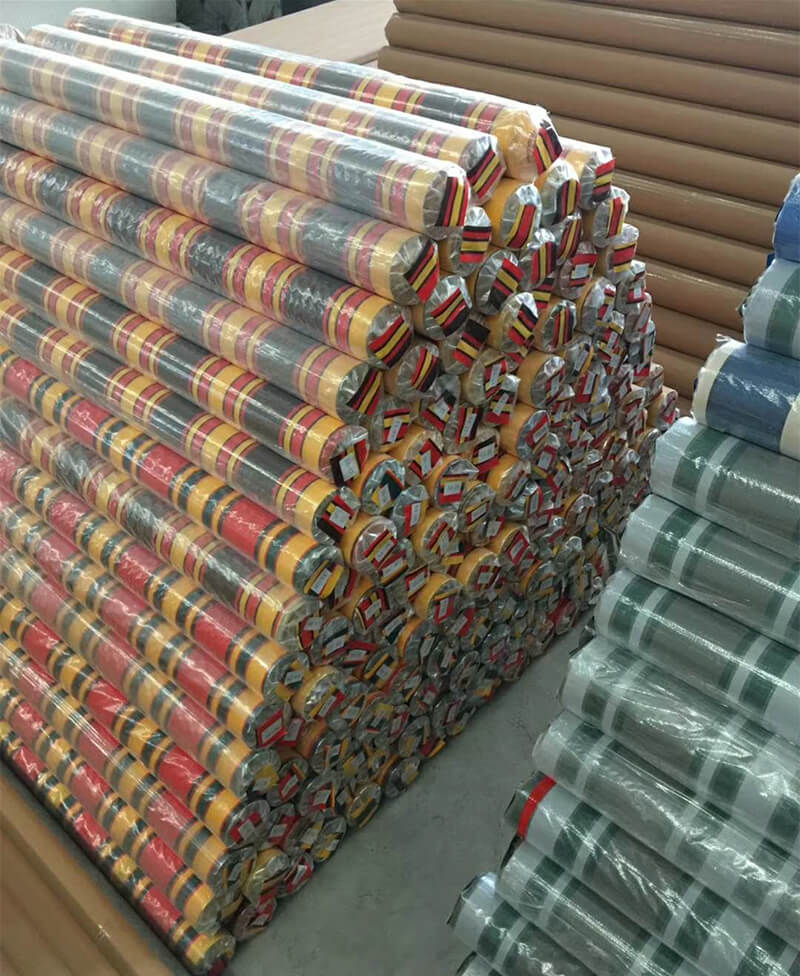
Benefits of PVC tarpaulin: PVC tarpaulin offers several advantages over alternative materials for outdoor and industrial applications, including:
- Weather Resistance: PVC tarpaulin withstands harsh weather conditions, including rain, snow, wind, and sunlight, ensuring reliable protection for covered items.
- Durability: PVC tarpaulin is highly durable and long-lasting, capable of withstanding rough handling, extreme temperatures, and environmental hazards.
- Versatility: PVC tarpaulin is available in various sizes, colors, and thicknesses to suit different applications and requirements, offering flexibility in design and usage.
- Cost-Effectiveness: PVC tarpaulin is a cost-effective solution for outdoor protection and coverage, offering durable performance at a competitive price point.
- Easy Maintenance: PVC tarpaulin is easy to clean and maintain, requiring simple care routines such as wiping with a damp cloth or mild detergent solution.
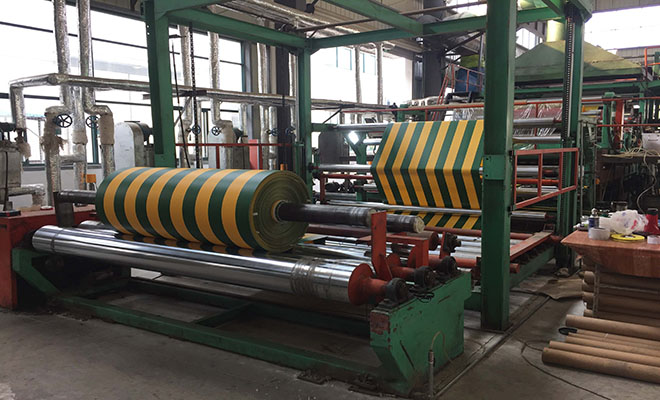
Conclusion: PVC tarpaulin is a versatile and durable material with a wide range of applications in outdoor and industrial settings. Its waterproof, UV resistant, tear-resistant, and flexible properties make it an ideal choice for truck covers, tents, agricultural covers, construction tarps, pond liners, and advertising banners. With its numerous benefits and applications, PVC tarpaulin continues to be a preferred material for outdoor protection and coverage.

 Home
Home Understanding PVC Tablecloth: Features, Applications, and Advantages
Understanding PVC Tablecloth: Features, Applications, and Advantages  You May Also Like
You May Also Like
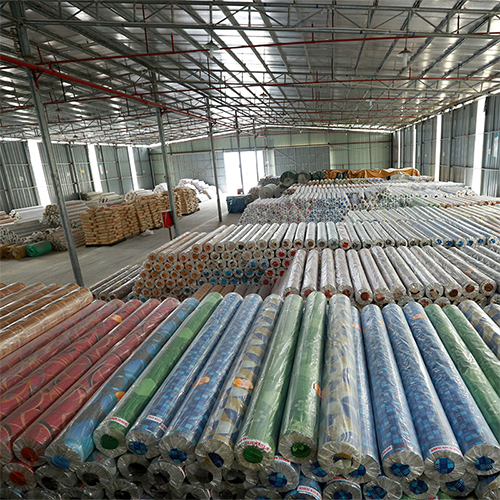

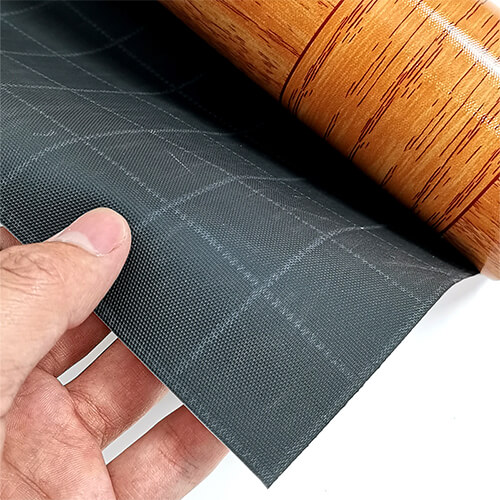
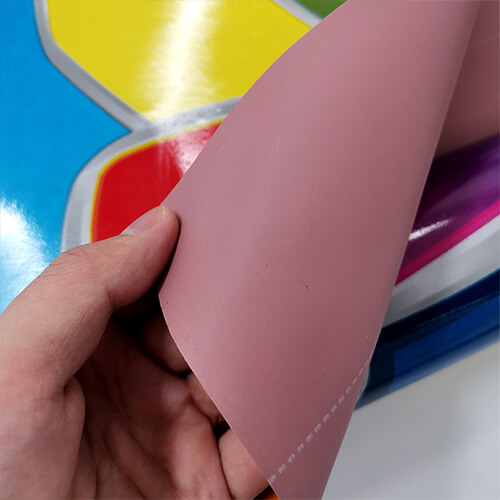
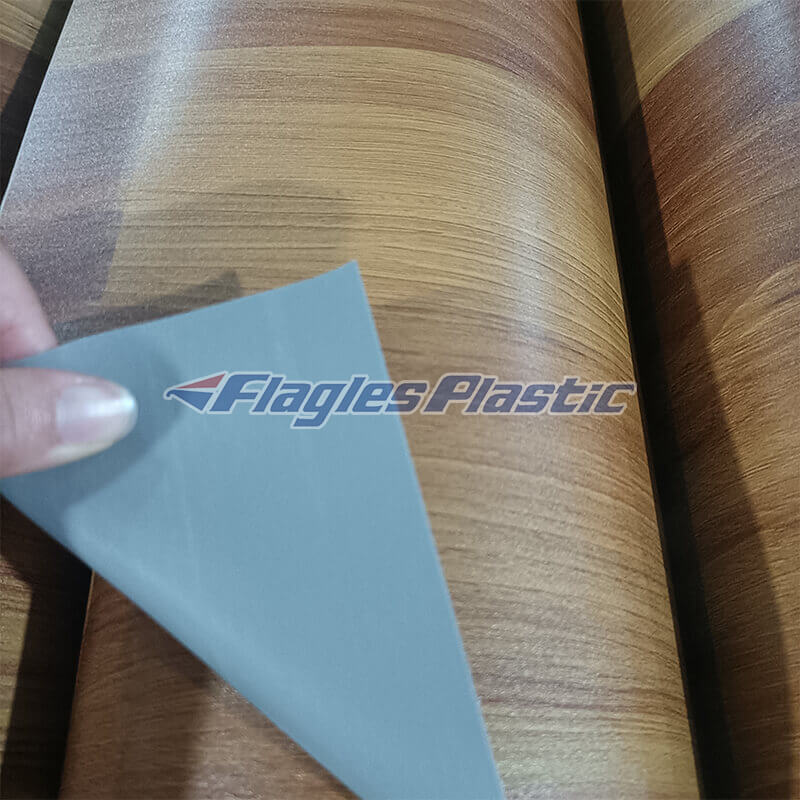
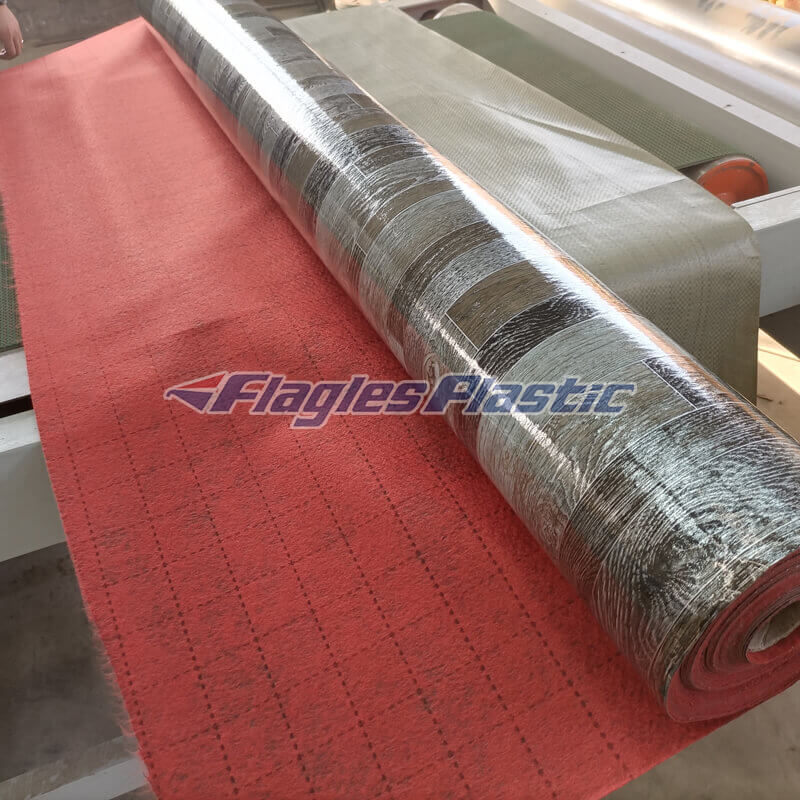
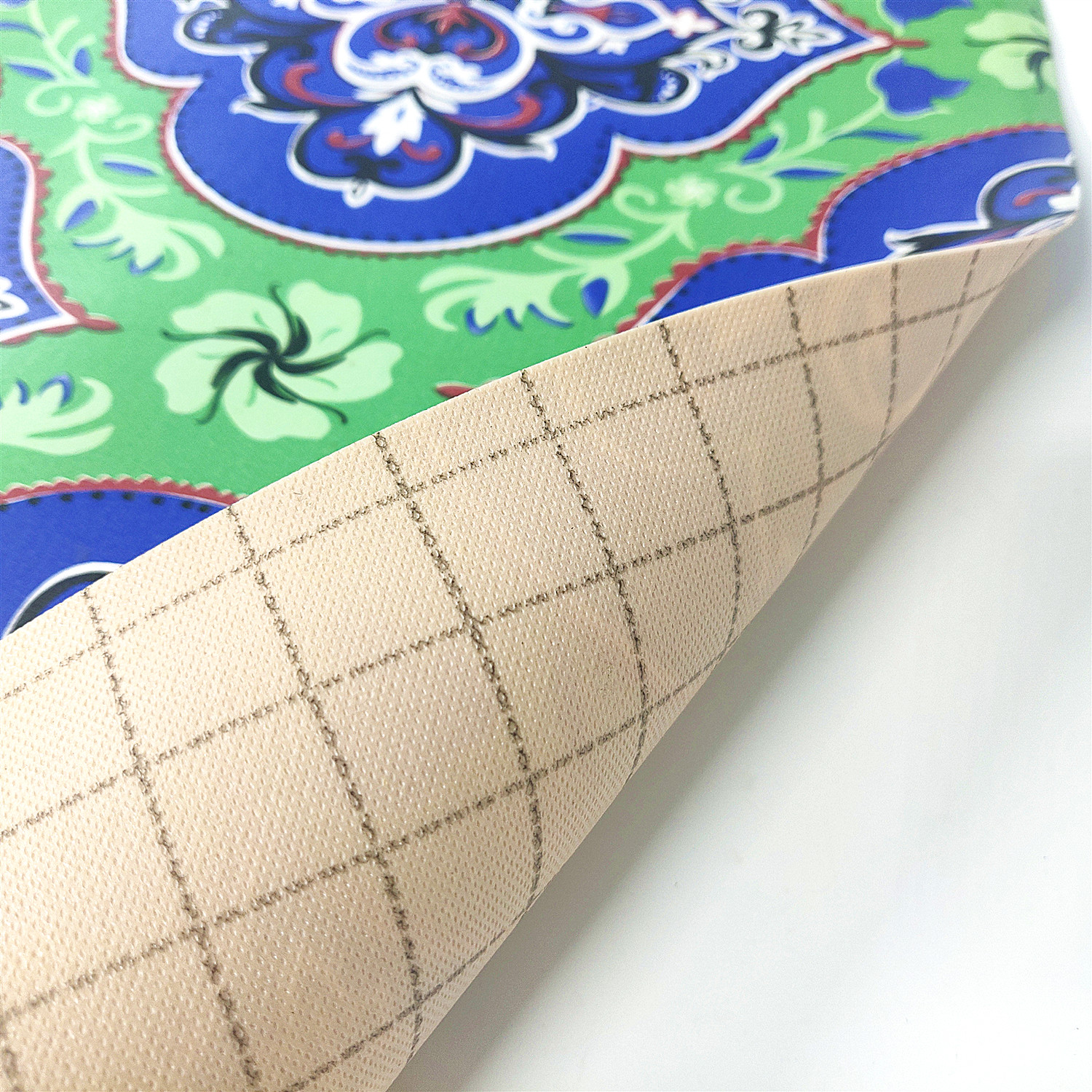

 Tel
Tel
 Email
Email
 Address
Address



